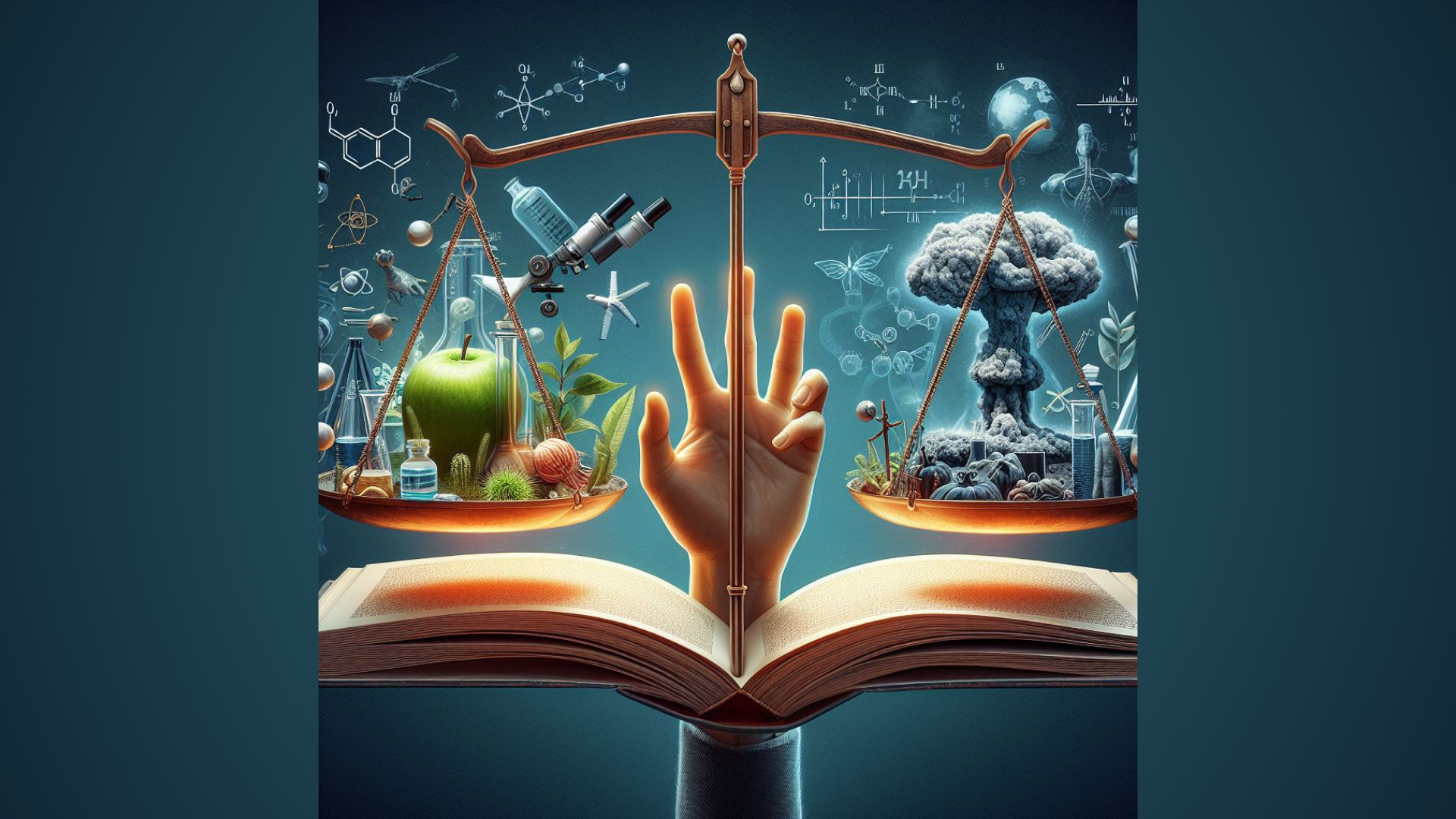Introduction
Science has always been a powerful tool in the hands of humanity, capable of causing radical changes in our lives, whether positive or negative. The story of Albert Einstein and his development of the atomic bomb offers a stark example of the duality of science, showing us how the same scientific discovery can be used to serve good or evil.
The Film
The film “Einstein and the Bomb” tells the life story of the famous physicist Albert Einstein, one of the most influential scientists of the 20th century, with a focus on his role in developing the atomic bomb during World War II. The film begins by showing Einstein’s upbringing and early interest in science, then follows his scientific journey that led to his discovery of the theory of relativity.
The film then moves on to discuss Einstein’s decision to participate in the Manhattan Project, a research and development project that was worked on during World War II to produce nuclear weapons for the first time and led to the development of the atomic bomb. The film highlights Einstein’s internal conflict over his decision, as he believed that the atomic bomb was necessary to defeat Nazi Germany, but he was also worried about the possibility of it being used in a nuclear war.
The Scientist’s Dilemma
The film shows how Einstein was not just a scientific genius, but also a human being with complex emotions. This is what most scientists may suffer from in the difficulty of sharing their deep knowledge with the general public. It also raises questions about the scientist’s moral responsibility, the use of science in war, and the danger of nuclear weapons, which could lead to a disaster.
The Duality of Science
“Einstein and the Bomb” offers a unique perspective on the role of science in human life. It shows how science can be a positive and negative force at the same time, as if good and evil are two sides of the same coin. Let’s see these two sides.
The Positive Side of Science

- Scientific Progress: The film shows how Einstein’s scientific discoveries led to a revolution in our understanding of the universe, leading to revolutionary technological developments in fields such as medicine, communications, and energy.
- Improving Quality of Life: Science has contributed to improving the quality of life for humans by providing amenities and well-being, such as electricity, clean water, and fast transportation.
- Understanding the World Better: Science has helped us understand the world around us better, leading to important discoveries in fields such as astronomy, biology, and geology.
The Negative Side of Science

- Nuclear Weapons: The film shows how science can be used to develop deadly weapons such as the atomic bomb, which can lead to massive destruction and loss of life.
- Environmental Pollution: Some scientific activities have led to environmental pollution, which threatens human and environmental health.
- Unethical Uses: Science can be used for unethical purposes, such as human cloning or genetic engineering.
The Conflict Between Scientific Passion and Moral Responsibility
The film shows the conflict between scientific passion and moral responsibility. Einstein suffers from an internal conflict over his participation in the Manhattan Project, as he believes that the atomic bomb is necessary to defeat Nazi Germany, but he is also worried about the possibility of it being used in a nuclear war. Despite his participation in the Manhattan Project, he later regretted it and called for nuclear disarmament.
History and Scientists’ Choices
History shows us that there are many scientists who did not accept participating with their genius and sciences in matters related to war, destruction, and political purposes. They chose to use their science to serve humanity rather than harm it. However, the problem may not be with the discoverers of science but with the users of these discoveries.
Conclusion
“Einstein and the Bomb” offers a fascinating look at the role of science in human life. The film shows how science can be a positive and negative force at the same time, and raises questions about the moral responsibility of the scientist and the use of science in war. This shows us some of the questions that are always raised:
- What is the responsibility of the scientist in light of the potential dangers of his discoveries?
- How can we ensure that science is used for positive purposes only?
- What steps can we take to prevent the use of science for unethical purposes?
However, is there an answer? Those in power have the final say in what serves their interests. The film invites us to think about these important questions and helps us understand the role of science in our lives.

